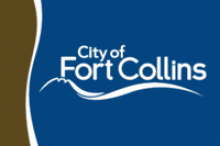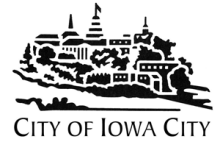Fort Collins, Colorado, Ballot Language Lives Through Legal Challenge
The Fort Collins’ ballot measure that could amend the City Charter allowing high-speed Internet to become a municipal utility moves forward after a short legal scuffle. The question will be decided at the November 7th special election.
Failed Legal Petition
After the language of the ballot question was released following approval by City Hall, local activist Eric Sutherland filed a petition with Larimer County. Sutherland — well known for his numerous petitions wagered against the city, county and school district— claimed that the language “failed to consider the public confusion that might be caused by misleading language”. Sutherland also insisted the proposed City Charter Amendment isn’t legal under the Taxpayer's Bill of Rights (TABOR) amendment to the State Constitution. TABOR requires local governments to get voter approval to raise tax rates or spend revenue collected under existing tax rates.
Attorneys representing the city of Fort Collins rejected Sutherland’s claims and maintained that the amendment isn’t covered by TABOR. A utility does not require voter approval to issue debt because it is legally defined as an enterprise, a government-owned business. Moreover, Fort Collins Chief Financial Officer Mike Beckstead testified that the bonds would be backed by utility ratepayers, not tax revenue. City Council explained in a statement that they included the $150 million-dollar figure in the ballot language in an effort to maintain transparency and show the level of commitment a broadband utility could require from the municipality. By including the dollar amount in the ballot language, the Charter would also establish a limit on any debt.










